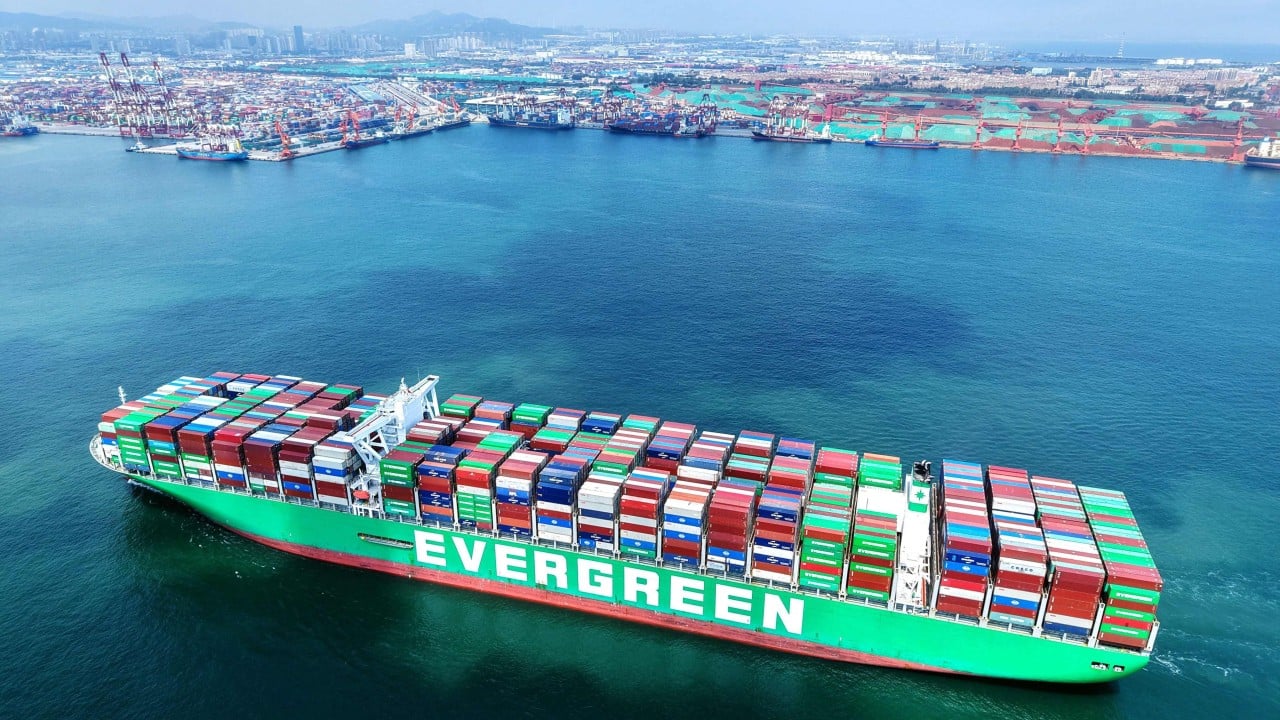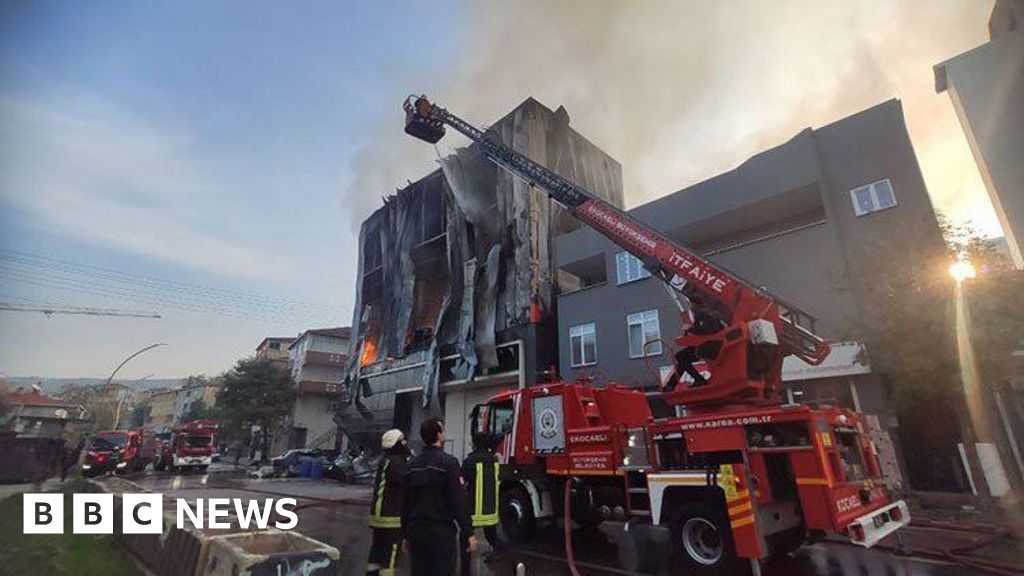10 October, 2025
0 Comments
0 categories

While in Hong Kong for a forum on navigating the tariff war, the consensus was that no one is immune to structural uncertainty where everything is happening at once and no one knows what exactly comes next.
Navigation is about planning and executing a journey, but you need maps, compasses and points of reference to know where you are and where you are going. Journeys across time and space need sound navigation, especially in troubled waters. Sailing is all about teamwork, but with today’s rapid changes, getting anything done is like repairing an aeroplane in mid-flight. Any mistake could end in a crash.
Some fundamental trends can help to guide us about the rules to navigate these uncertainties. First, the US-China rivalry which prompted the tariff war is a long-term trend that will not disappear any time soon.
We must all be prepared for the weaponisation of everything in this rivalry, from trade and money to talent, chips and technology. Assuming that the world’s leading powers are sensible enough to avoid mutually assured destruction from a nuclear war, we can assume that all kinds of proxy wars or more conventional warfare will be experimented with in the current march to folly.
Second, consultants use acronyms like PEST (political, economic, social and technology) to assess the operating context and operating environment. They also use SWOT analysis (strengths, weaknesses, opportunities and threats) to evaluate preparedness for competition. Former US defence secretary Donald Rumsfeld famously had his “unknown unknowns” matrix. What you and I know are knowns knowns. What humanity knows but I do not know is an unknown known, meaning I can search and find such existing knowledge. The known unknowns are risks that can be anticipated.
Chess grandmasters have super memories and remember vast numbers of games played, but an AI computer can beat a grandmaster because it can play games no one has played before. The computer fills in gaps that humans know exist, arising from rules that humans framed. If humans themselves do not know such unknowns, I doubt AI models can yet explore the uncharted territory of unknown unknowns.


